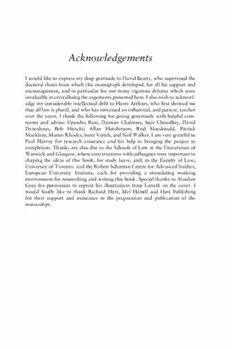
Constitutional Rights after Globalization PDF
155 Pages·2005·0.728 MB·English
Most books are stored in the elastic cloud where traffic is expensive. For this reason, we have a limit on daily download.
Preview Constitutional Rights after Globalization
Description:
Constitutional Rights after Globalisation juxtaposes the globalization of the economy and the worldwide spread of constitutional charters of rights. The shift of political authority to powerful economic actors entailed by neoliberal globalization challenges the traditional state-centered focus of constitutional law. Contemporary debate has responded to this challenge in normative terms, whether by reinterpreting rights or redirecting their ends, e.g. to reach private actors. However, globalization undermines the liberal legalist epistemology on which these approaches rest, by positing the existence of multiple sites of legal production, (e.g. multinational corporations) beyond the state. This dynamic, between globalization and legal pluralism on one side, and rights constitutionalism on the other, provides the context for addressing the question of rights constitutionalism’s counterhegemonic potential. The competing liberal and ‘new’ politics of definition (the latter highlighting how neoliberal values and institutions constrain political action) are contrasted to show how each advances different agenda. A comparative survey of constitutionalism’s engagement with private power shows that conceiving of constitutions in the predominant liberal, legalist mode has broadly favored hegemonic interests.
See more
The list of books you might like
Most books are stored in the elastic cloud where traffic is expensive. For this reason, we have a limit on daily download.
